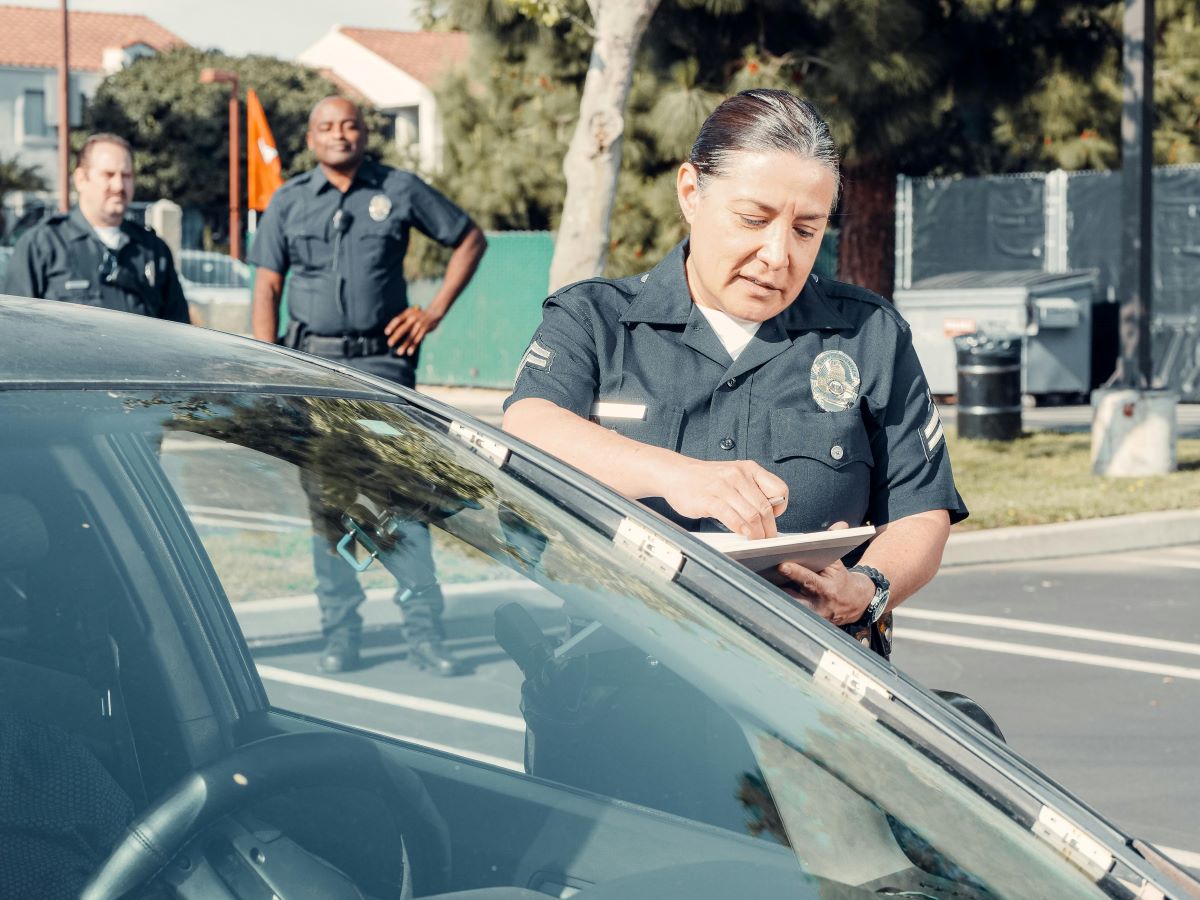UPDATES & ANALYSIS

FEATURED POSTS
Bitcoin ATM operator entitled to return of money seized by law enforcement, Iowa Supreme Court holds
Two Iowans who deposited cash into bitcoin automated teller machines, as they say they were instructed to do by scammers, will not receive their money back as a result of two Iowa Supreme Court rulings saying the owner of the ATM had the better argument that it was legally entitled to the cash seized by Linn County authorit …
Hispanic rights group lacks standing to challenge English-only voting materials, Iowa Supreme Court holds
An Iowa organization that advocates on behalf of Hispanic Iowans did not have legal standing to bring suit seeking to dissolve a 13-year-old injunction that barred the Secretary of State from disseminating voter registration materials in languages other than English, the Iowa Supreme Court held in a unanimous decision handed down May 9.
Iowa Supreme Court: Union Pacific Railroad not liable for worker’s suicide
The Union Pacific Railroad Co. is not liable under the Federal Employers’ Liability Act (FELA) for the death of an employee who took his own life from emotional distress caused by his supervisor’ harassment, the Iowa Supreme Court held in a decision handed down April 25.
Kera Morgan, as administrator of her late husb …
Iowa Supreme Court removes judicial magistrate from bench for racially derogatory and ‘demeaning and sophomoric’ statements
The Iowa Supreme Court removed a part-time judicial magistrate from the bench in a unanimous decision issued April 18 for violations of the Iowa Code of Judicial Conduct in making a racially derogatory statement in an open court proceeding and by making a “demeaning and sophomoric” justification in a written order denying an arrest warrant.
EDITORIAL TEAM
ABOUT
On Brief: Iowa’s Appellate Blog is devoted to appellate litigation with a focus on the Iowa Supreme Court, the Iowa Court of Appeals, and the U.S. Court of Appeals for the Eighth Circuit.
